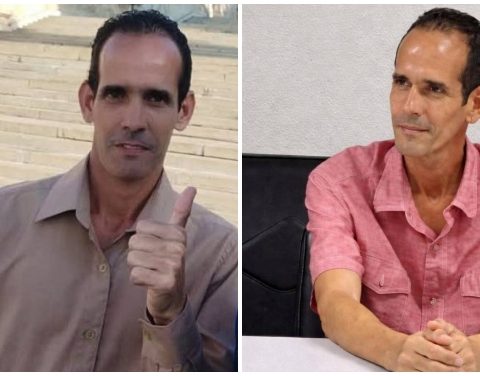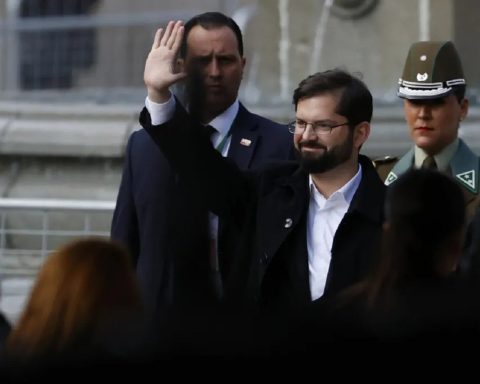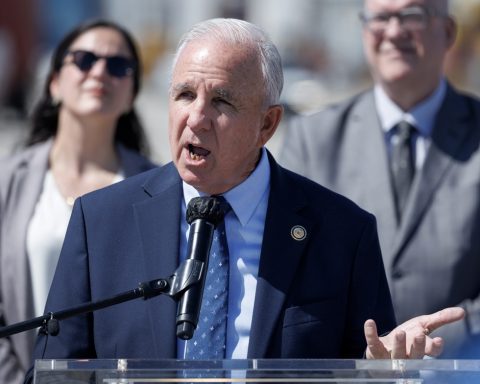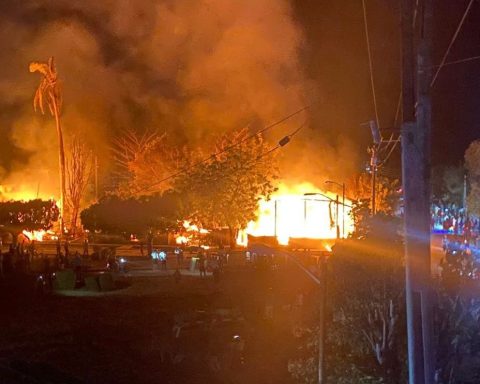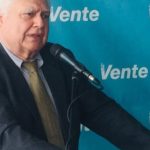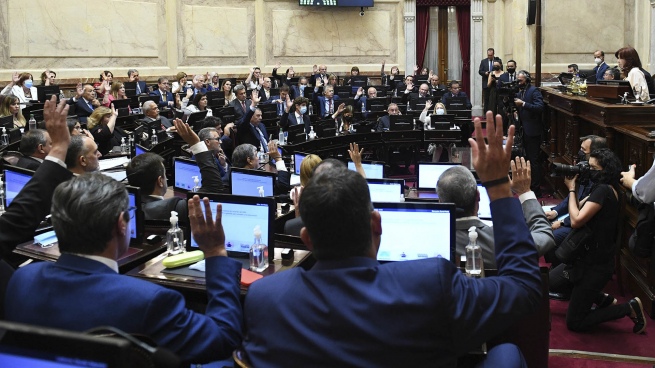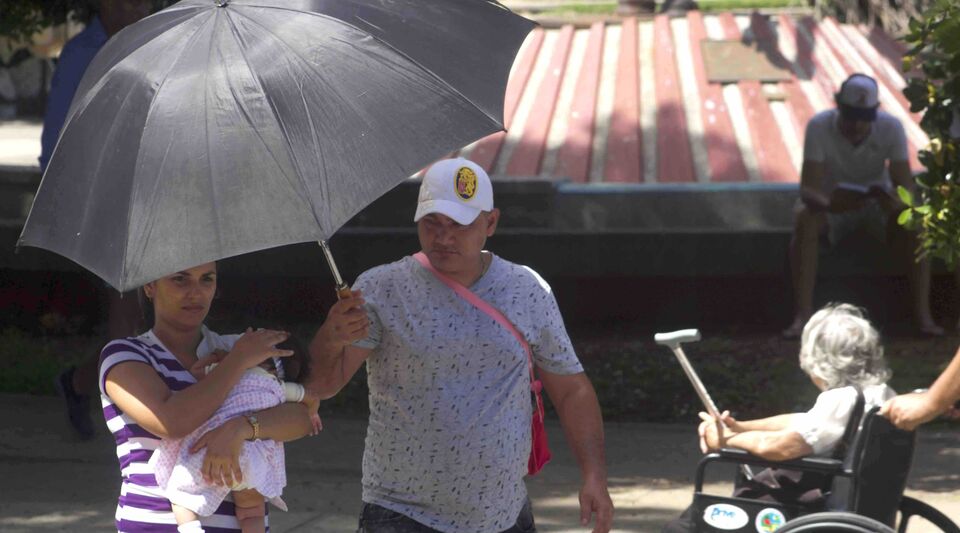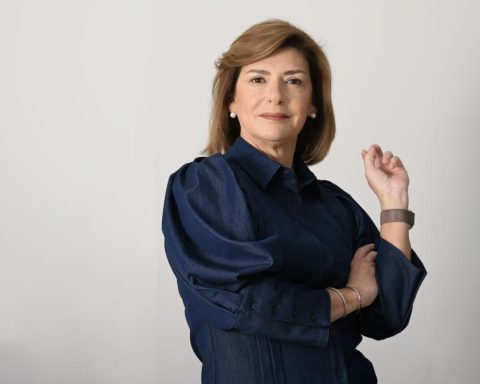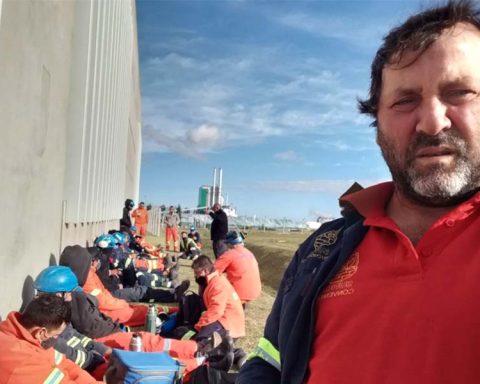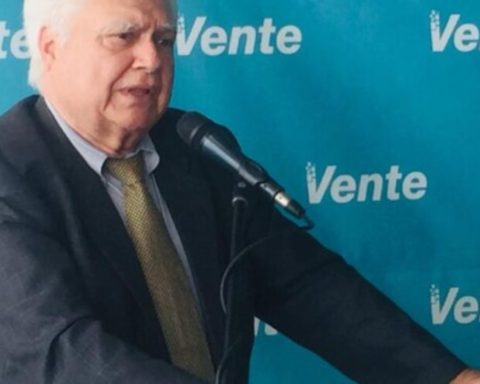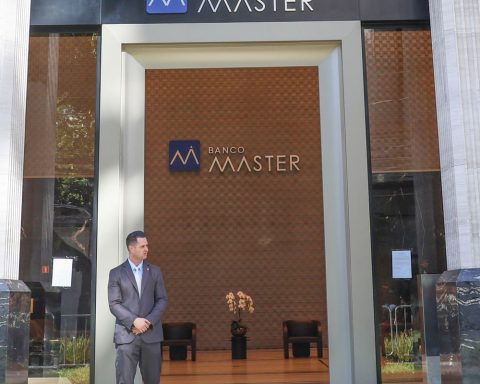The reopening of some consular services at the US Embassy here does not represent a symptom of change in the policy of that government towards Cuba, an academic stressed today.
In statements to Prensa Latina, Ernesto Domínguez, a researcher at the Center for Hemispheric and United States Studies in Havana, considered that this is an inexpensive measure for Washington when the legislative elections are approaching.
“It must be interpreted taking into account several elements: on the one hand, there is currently an absolute coincidence of US agencies on the non-existence of an alleged sonic attack on diplomats in Havana,” he said.
In 2017, this false argument was used by the then Republican president, Donald Trump, to dismantle the Washington embassy and henceforth adopt 243 additional measures to the blockade imposed on the island.
According to Domínguez, the current Democratic administration has not recognized the invalidity of this theory because there are political interests behind it and those affected have put pressure to demand compensation for the health incidents.
“Then they want to maintain the duality of restoring services and at the same time not discard the criteria that have been used on the alleged sonic attacks,” he added.
In the opinion of the expert, another element to take into account is the pressure exerted by Cuban-Americans who want to move their relatives and ask to make the migratory flow viable.
“We are approaching mid-term elections in 2022 that are expected to be very close due to the loss of support for the current administration and they are looking for ways to attract voters, especially in the important swing state of Florida,” he said.
On the other hand, resuming the services of the Embassy also allows to restore part of the interrupted functions and maintain a level of presence in Cuba.
The researcher emphasized that the White House persists in the discourse on alleged human rights violations on the island and maintains Trump’s unilateral coercive measures.
Domínguez recalled that Cuba still represents a nuisance for the interests of predominance on the international scene that Washington defends, in the midst of the internal crisis that the northern country is experiencing.
“The United States has shown its inability to attract allies and establish alliances with other nations in search of cooperation without this meaning complete political subordination,” said the specialist.
Regarding Cuba, he pointed out, the state policy of that nation has a very long history linked to the idea of maintaining or regaining control over the island based on geopolitical criteria.

